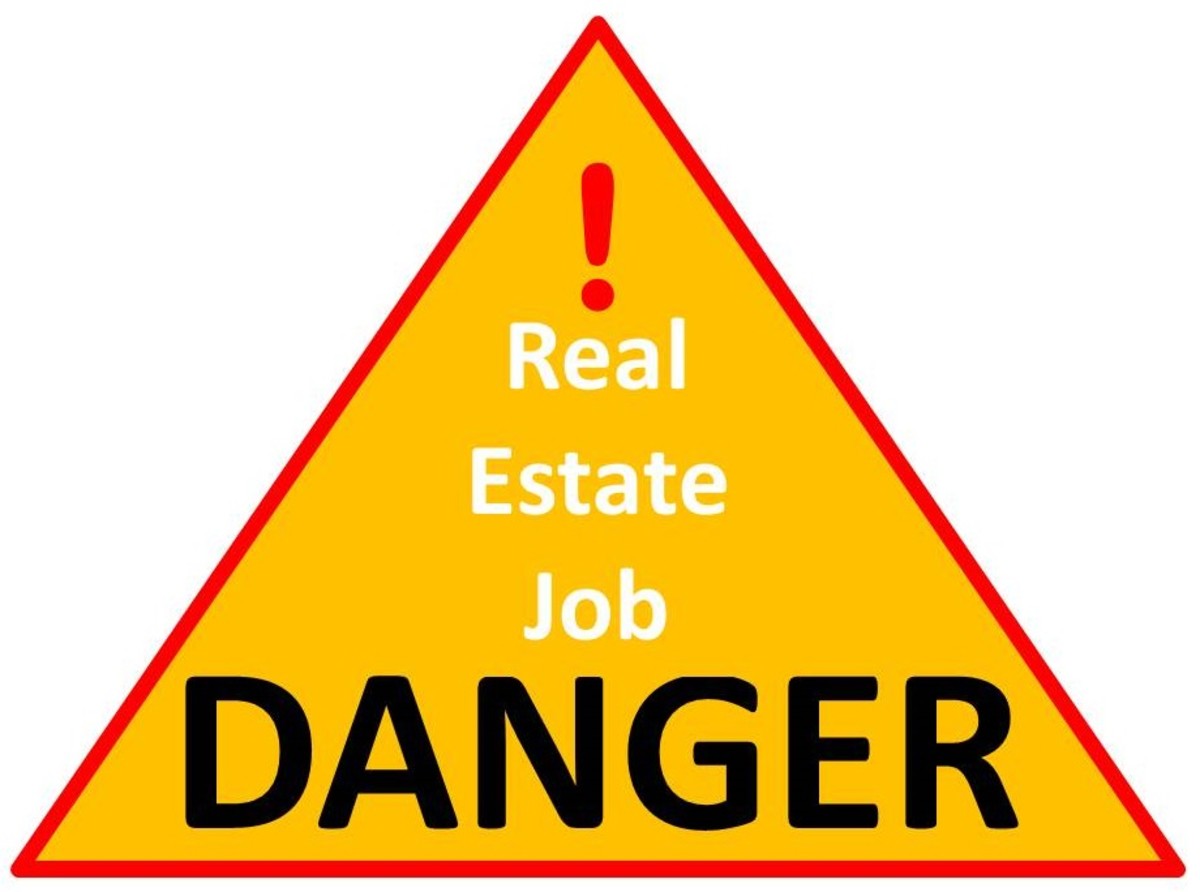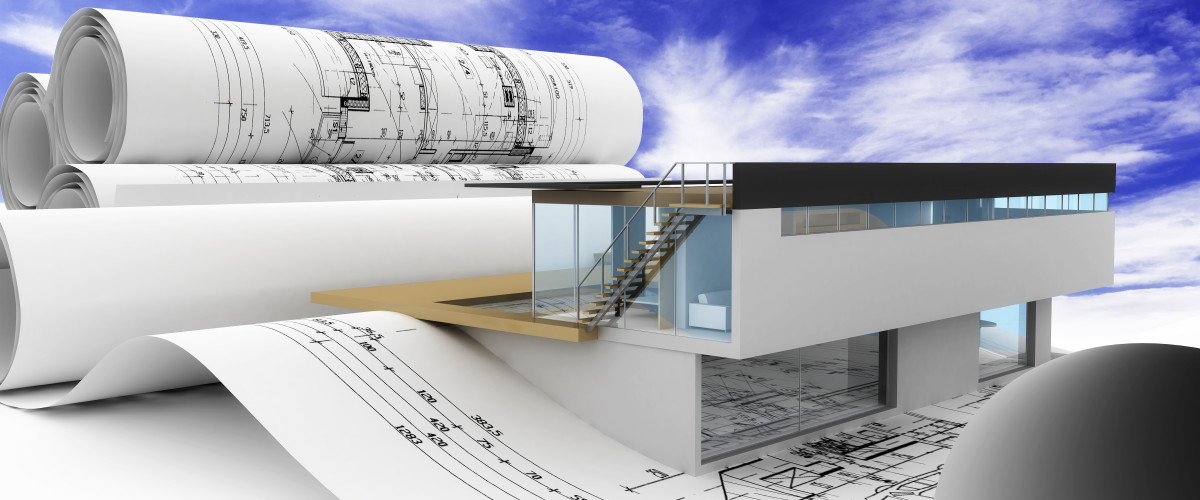Tips for Buying Your First Home
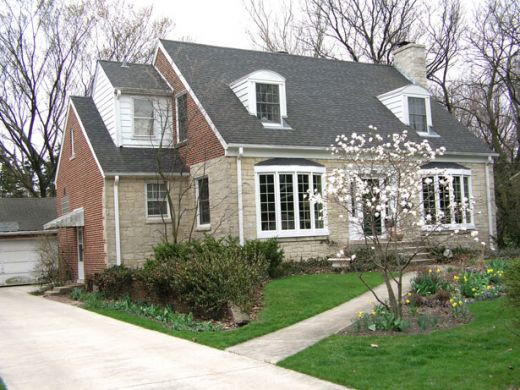
Congratulations, you have decided to buy your first home! I’m sure it has crossed your mind that you may not have all the information you need to make the right decision when it comes to buying your home.
It is always a good idea to do all the research you can when taking on a new adventure such as purchasing a home for the first time.
This is going to be one of the biggest investments you will make in your lifetime and getting it wrong can be very expensive both financially and emotionally.
Here are some tips that I hope will make the journey less stressful:
- Make sure you go to your financial institution before you start looking at homes to get approved for a mortgage. This way you will know how much of a house you can afford and you won’t be falling in love with a house that is out of your price range.
- Take into consideration that you will have costs associated with buying the house that could include mortgage insurance, home inspection fees, lawyer or notary fees, transfer fees, etc. Ask your mortgage lender what other expenses you might be responsible for in buying a house.
- Make sure you have your financial house in order and that you have your debt load handled. Buying a house can add other expenses to your budget.
- If you plan on using a real estate agent it would be a good idea to interview two or three to find out which one you can work with and who will have your best interests in mind.
- You may have to pay for the services of a buyer’s agent, but in the long run it will be well worth it as they are professionals and their opinions, expertise and experience will be a great help to you.
- It is important to hire a competent home inspector that will do a thorough job of checking out all the electrical, plumbing and structural parts of the house.
- Something that most people forget to check is to find out what the house looks like at night so it might be a good idea to see the house in the daytime as well as at night.
- If you don’t know the neighborhood very well, drive through it a few times at different times of the day to see the level of noise and other problems that you might not see if you only go there once.
- If you need public transportation make sure you locate the bus stops or train stops.
- Checking with the city planning to see if any development or other changes might occur in the neighborhood is also a good idea.
Good luck with your house hunting!
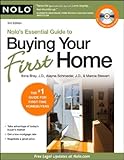

Tips for Choosing a Real Estate Agent
If you are a first-time home buyer you will want to make sure that the real estate agent you work with has your best interests in mind and gives you all the information you will need to make the right decision.
Buying a home is a large investment so you will want to make sure that the advice you receive is helpful and accurate.
One of the best places to start is to ask friends and family members if they can recommend a real estate agent to you.
Having someone you trust to refer you to a real estate agent can help you make the right choice in picking someone to work with as you purchase your first home.
It is very important to make sure that you have a real estate agent who understands your needs including your financial and emotional needs. If you want to look at different houses in different areas you need to let your agent know that you are going to do some investigating before you make any decision.
Especially being a first-time home buyer it is a good idea to get a general idea of the price ranges and types of homes that you can afford if you aren’t sure where you would like to live.
Make sure your real estate agent knows the area. They should be aware of any developments that are planned for the area, zoning changes, as well as where the schools are located, and transportation services.
If you have a special need such as being close to parks or playgrounds then you need to let your real estate agent know as well as any concerns you might have for a particular area.
Your agent should also be ready to negotiate the price on your terms. You might want to look into hiring a Buyer’s Agent who will sign a contract with you and is obligated to proceed with any negotiations on the purchase based on your instructions.
Since Buyer Agent contracts can be different depending on where you live it is a good idea to discuss their services and any fees they may charge with the agent before you hire them.
Your agent should also be there to assist you with locating a financial institute if you need one as well as being able to solve any problems that might come up along the way. It is not unusual that an offer might have to be re-negotiated in the event that something shows up in the building inspector’s report.
In buying your first home you will want to make sure that the real estate agent you choose is someone you feel comfortable with, is professional and experienced, and knowledgeable about buying a home as well as the neighborhood where you have chosen to live.

Hidden Costs in Buying a House
Buying your first home can be expensive and the last thing you want is an unexpected expense. So it's important to consider the costs of a purchase that may go beyond the selling price. Here are some possible costs you may want to consider before making your offer.
Mortgage Payments
Know the range of possibilities for varying amortizations, payment schedules (monthly, bimonthly, weekly) and types and terms of mortgages. There may be interest adjustments to cover any gap between the closing date and the first mortgage payment. Check with your lender.
Mortgage Insurance
If you are putting less than a 20 per cent down payment you may need mortgage insurance. This can add a one-time cost on your mortgage so check with your lending institution to see if this applies to your mortgage.
Home Inspection
This is a must for anyone buying a pre-owned home and can cost around $500.
Survey (certificate of location)
Depending on where you live you might need to provide a survey at the closing. This can cost between $750 and $1000.
Legal Costs
Depending on where you live, they can range between $1,500 and $2,500. Ask your lawyer or notary for a detailed estimate. Title insurance which covers survey issues and undischarged mortgages relating to previous owners could cost around $250.
Property Appraisal
This may be required by your lender. Some will include this as part of your mortgage package but again, check with your lender as it could cost between $150 and $200.
Seller Reimbursements
If the seller has paid in advance for such things as taxes or fuel, you will have to reimburse the seller for the period between the closing date and the end of the year.
Land Transfer Tax
This may be levied in your area but there could be reductions for first-time or senior buyers. Check with your real estate agent.

More Tips When Buying a House
When buying your first home it is a good idea to consider a few things before you make that purchase. It is an exciting time I know, but if you don’t consider the following you may end up not being happy with your purchase.
Consider the neighborhood you want to buy in as well as make sure the house has all the space you will need for your family. It is also a good idea to make sure you don’t get any ‘surprises’ when you move into your new home.
The Neighborhood
Where you live is just as important as the house you will live in as the location will determine the house’s value and what amenities are available to your family.
If you have children and they will be moving to a new school, it will be important to find out where the schools are located and the quality of the curriculum.
If you plan on commuting to work then you will need to determine the closeness to transportation or rideshare programs. The one thing most people forget is to check on crime statistics for the area as well as property taxes.
Your real estate agent should be knowledgeable enough to give you this information.

What Size House?
Certainly, the size of the house will be determined by how much you have to spend, however, it is important to take a look at the amount of space and the number of rooms you will need for your family.
It’s not just about furniture arrangement but other requirements you might have. Do you have any hobbies or are you into sports?
Hobbies may require another room and sports equipment might need storage.
Also, you want to take into consideration if your furniture will fit the space. If you have a king-size bed you will want to take particular attention to the size of the master bedroom.
It is always a good idea to take a tape measure with you when you look at houses and take a camera so you can take pictures.
Taking pictures of the houses you are interested in is a good way to remember what you liked about the house and even a place to start if you are planning on doing any redecorating or renovating to the house.
Problems, what Problems?
Your building inspector can be your best friend so choose someone who has a lot of experience and if possible is a licensed building inspector.
You will want to make sure that they inspect the house from the roof to the basement. That means they will be inspected for insulation in the attic, possible leaks, and other damage.
They should also check the plumbing and the wiring and most importantly of all, they need to check the foundation for cracks and water damage.
Getting a thorough inspection and discovering any problems will save you a boatload of problems and if you do discover issues you can then decide if you still want to go ahead with the sale.
A building inspector can also give you an estimate of any costs you might incur with repairs and gives you an opportunity to request a renegotiation of the sale price, which your realtor can help you to accomplish.
Buying a house will be one of the largest purchases you will ever make and when buying your first home you need to have all the information possible to make that decision.

What to Do After You Purchase
You have just purchased your new home and you realize there are some things that need to be taken care of before you can turn this house into your home.
Once you move into your new house you will get a better idea of what needs to be done in terms of interior decorating or repairs in order to make it your home.
Your first step should be to look around the house and decide if there are any repairs that need to be done immediately. Does the carpet need to be replaced or the bedrooms repainted?
Is there any wallpaper than needs to be removed? Not a pleasant task as it is not easy to remove, however you can always decide if you want to do it or hire someone who has experience in wallpaper removal.
Decide on what things you can live with for a while and if you are the kind of person who likes to plan, make up a list of the items that need to be done and the date you would like to have them accomplished.
You can also make a list of any supplies or tools you might need.
If you are moving to a bigger home, now is the time to decide if you need to buy or replace furniture. You don’t have to buy completely new furniture, just new to you.
Check out second-hand stores, Craigslist, and sales for the best buys. If you want a whole new look but don’t know where to start then ask the furniture store as they may have an in-house interior decorator who can give you some great advice on decorating.
Or hire your own interior decorator. They don’t always charge a fee but take a commission on the furniture and design elements you purchase.
Don’t neglect to take a look at the outside of your new house. Does it need a paint job or do the gutters and down-pipes need to be replaced? Also, check out the landscaping.
If you aren’t much of a gardener enlist the help of friends and families members who love to garden or hire a gardener to get you started and who will give you tips and instructions on how to maintain your new yard.
Taking careful inventory of your newly purchased house and making some changes could help to turn this house into your own and give you many years of enjoyment.
Home Buying Kit

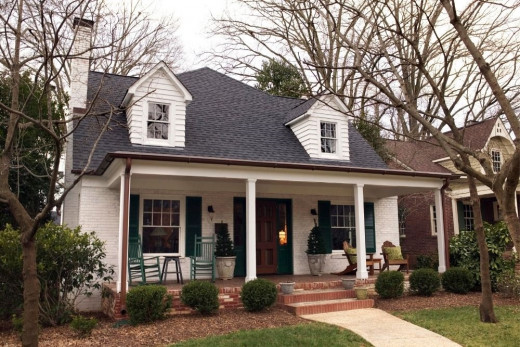
Useful Real Estate Links
- Real Estate Listings, Homes for Sale and Rental Property Listings REALTOR.com
Discover real estate listings and homes for sale on the world's largest real estate database REALTOR.com The Official site of the National Association of REALTORS. - http://www.remax.com/
Search homes for sale, find RE/MAX agents or offices, and learn about real estate, mortgages and moving assistance. - MLS.com - MLS Listings, Real Estate Property Listings, Homes for Sale
MLS.com is a free MLS search to find real estate MLS listings for sale by Realtors and other realty professionals that are members of your local MLS Multiple Listing Service. MLS.com also features real estate news, common real esta - National Real Estate United States Homes For Sale - HomeSeekers.com
National real estate. Homeseekers, one of the largest, up-to-date sources for properties in the United States. View a variety of homes for sale. - Real Estate Listing, Homes For Sale and Apartments by USRealEstate.com
Find real estate agents and find your dream home in your desired area, also Mortgage rates and calculators, moving Companies and other relocation resources. - Canadian Real Estate - Canada\'s Most Expensive Homes
Top 10 most expensive properties in Canada for sale today. Updated daily. - Canada Real Estate Directory, Buy and Sell Canadian Properties
Canada Real Estate Resource, Real Estate brokers in Canada, Canadian Property for sale, FSBO and Mortgage Services - http://real-estate-agents.com/
Directory links to thousands of real estate agents and companies in the US and Canada, organized by state or province. - US Real Estate | EconomyWatch.com
Economywatch offers information on US Real Estate, Cheapest Real Estate In The US, United State Real Estate, Cheapest Real Estate In The United States, Cheap Real Estate In United State, US Real Estate Market. - Paper Economy - A US Real Estate Bubble Blog
A Blog dedicated to tracking the demise of the greatest asset bubble in US history. Housing Bubble, Real Estate Bubble, Boston, San Diego, Miami Real Estate housing bubble,alan greenspan,housing boom,housing crash,bust,plunge,collapse,california hous


